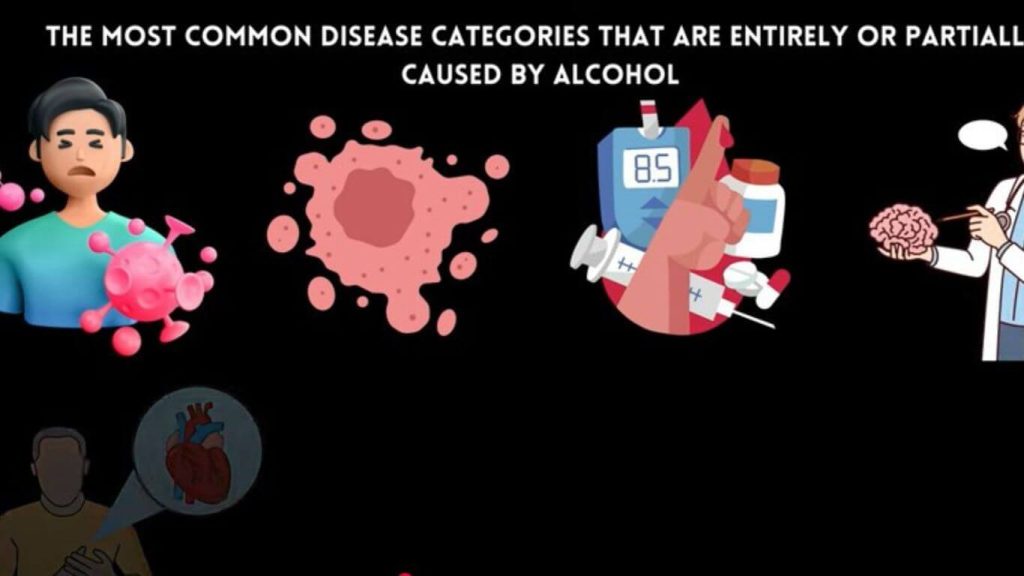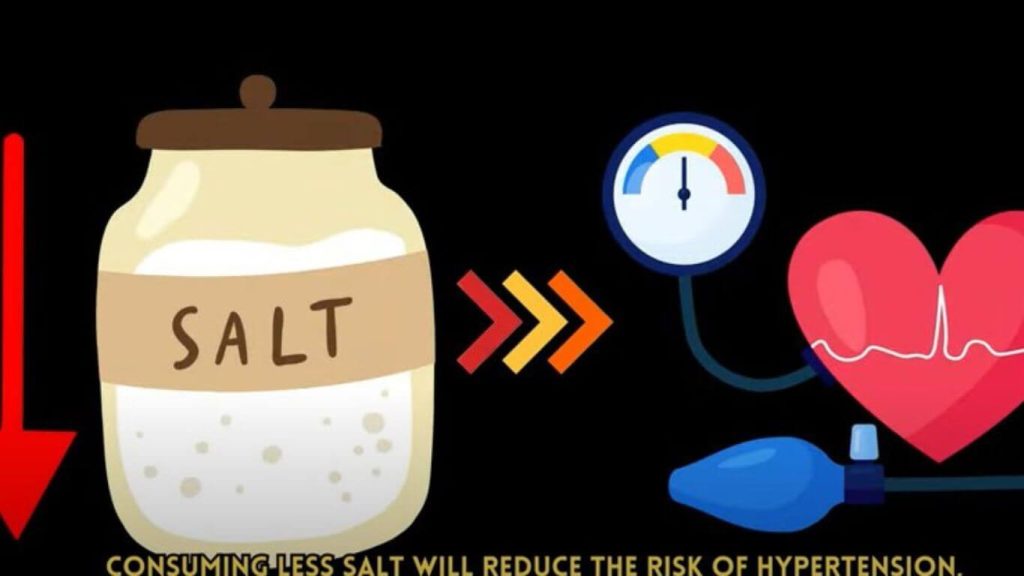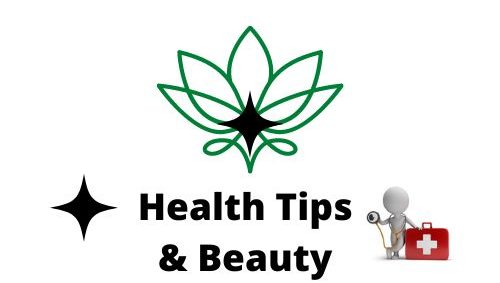As an Amazon Associate ,I earn from qualifying purchase .
Health is wealth, a phrase that has echoed throughout time for good reason. With today’s fast-paced world and the constant hustle and bustle, it is easy to overlook simple yet effective ways to stay healthy. To ensure your body and mind are functioning optimally, it’s important to focus on daily habits that promote well-being and longevity. This article serves as your ultimate guide to the “health tip of the day,” offering 20 actionable tips for good health, happiness, and overall life satisfaction.

Prioritize a Balanced Diet
One of the most crucial health tips is maintaining a balanced diet that includes all essential nutrients. A diet rich in fruits, vegetables, lean proteins, healthy fats, and whole grains supports every cell in your body. Nutrient-dense foods provide energy, enhance immunity, and help regulate blood sugar levels.
- Tip: Aim for a colorful plate. The more varied the colors of your food, the more diverse nutrients you’ll get. Each color represents different antioxidants and vitamins.
Stay Hydrated
Proper hydration is often overlooked but is essential for health. Drinking water aids in digestion, improves skin elasticity, and helps flush out toxins from the body.
- Tip: Start your day with a glass of water, and aim to drink at least 8 glasses per day. Add a slice of lemon for added vitamin C.
Incorporate Regular Exercise
Regular physical activity is key to maintaining a healthy weight, boosting energy, and preventing chronic diseases like heart disease, diabetes, and hypertension.
- Tip: Aim for at least 30 minutes of moderate exercise daily. Activities such as walking, jogging, yoga, or swimming can significantly improve your physical and mental health.
Focus on Mental Health
Physical health is only one aspect of well-being. Mental health is just as important, and managing stress, anxiety, and depression can have profound effects on your overall health.
- Tip: Practice mindfulness or meditation for 10-15 minutes a day to calm your mind and reduce stress levels.

Get Enough Sleep
Sleep is a cornerstone of good health. It is during sleep that your body repairs itself, consolidates memories, and recharges energy reserves. Chronic sleep deprivation can contribute to weight gain, irritability, and an increased risk of serious health conditions.
- Tip: Aim for 7-9 hours of quality sleep per night. Create a relaxing bedtime routine, avoid screen time an hour before bed, and maintain a cool, dark sleep environment.
Practice Gratitude Daily
A simple habit like expressing gratitude can dramatically improve your outlook on life. Gratitude helps you focus on the positive aspects of life and increases happiness levels.
- Tip: Start or end each day by writing down three things you’re grateful for.
Avoid Smoking
Smoking is detrimental to your health, causing lung cancer, heart disease, and respiratory issues. Quitting smoking is one of the best things you can do for your health.
- Tip: If you’re a smoker, seek professional help to quit. Support groups, nicotine patches, and behavioral therapy can help increase your chances of success.
Limit Alcohol Consumption
Excessive alcohol intake can lead to liver disease, high blood pressure, and an increased risk of certain cancers. Moderation is key.
- Tip: Women should limit alcohol to one drink per day, and men should aim for no more than two.
Maintain Strong Social Connections
Humans are social creatures, and building meaningful relationships can improve mental health, provide support, and enhance happiness.
- Tip: Make time for family, friends, and community activities. Volunteering can also help improve your sense of purpose and connectedness.

Practice Regular Hygiene
Good hygiene practices, such as washing hands regularly and brushing teeth twice a day, prevent illness and infections. Maintaining proper hygiene also contributes to better skin health.
- Tip: Always wash your hands before eating and after using the bathroom. Use a fluoride toothpaste to protect your teeth and gums.
Manage Weight Effectively
Maintaining a healthy weight is essential for reducing the risk of obesity-related diseases such as diabetes, heart disease, and stroke.
- Tip: Incorporate portion control into your diet and balance it with regular physical activity. Focus on whole foods rather than processed ones.
Learn to Manage Stress
Stress is a natural part of life, but chronic stress can harm your physical and mental health. Finding healthy coping mechanisms can help you lead a balanced life.
- Tip: Engage in stress-reducing activities such as deep breathing exercises, yoga, or spending time in nature.
Sun Protection is Essential
Excessive sun exposure can lead to skin damage, premature aging, and an increased risk of skin cancer. Protect your skin by applying sunscreen daily.
- Tip: Choose a broad-spectrum sunscreen with an SPF of at least 30 and reapply every two hours, especially after swimming or sweating.
Check Up with Your Doctor Regularly
Preventative healthcare is essential for detecting potential issues before they become serious. Regular check-ups help maintain health and address any concerns early on.
- Tip: Schedule annual physical exams and screenings, such as cholesterol checks, blood pressure monitoring, and cancer screenings.
How to Stay Happy in Life?
Happiness is subjective, but there are some common elements that can lead to a more joyful life. Building positive habits, practicing self-compassion, and cultivating a sense of purpose can all enhance happiness.
- Tip: Engage in activities you love, focus on what you can control, and surround yourself with positivity.

How to Live a Full Life?
Living a full life is about pursuing passions, nurturing relationships, and seeking balance. It’s about enjoying both the small moments and the big achievements.
- Tip: Set realistic goals, learn new skills, travel when possible, and embrace new experiences to enrich your life.
How to Lead a Simple Life?
In the modern world, complexity often leads to overwhelm. Leading a simple life means focusing on the essentials, reducing distractions, and finding joy in the present moment.
- Tip: Prioritize what matters most, declutter your living space, and set boundaries to protect your time and energy.
Health Tips for Women
Women face unique health challenges, including hormonal fluctuations, reproductive health issues, and the risks associated with childbirth. It’s important to stay informed and take proactive steps for your well-being.
- Tip: Women should prioritize calcium and iron intake, practice regular breast self-exams, and stay up-to-date with gynecological checkups.
Health Tips for Adults
As we age, maintaining good health becomes increasingly important. Adults need to focus on sustaining energy levels, preventing chronic illnesses, and ensuring mental and emotional well-being.
- Tip: Focus on heart health, bone strength, and cognitive function by eating nutrient-dense foods, exercising regularly, and engaging in mental exercises such as reading or puzzles.
How Do I Enjoy Myself?
Enjoying yourself is crucial for a balanced, happy life. It’s about finding time to relax, have fun, and experience joy. Whether it’s through hobbies, travel, or spending time with loved ones, life is meant to be enjoyed.
- Tip: Take regular breaks from work, pursue your hobbies, and don’t forget to laugh often.
Health Tip of the Day
Start Your Day with a Healthy Breakfast
A nutritious breakfast sets the tone for your day and provides the fuel necessary for the body and brain to function efficiently. Eating a balanced breakfast improves focus, productivity, and metabolism. Skipping breakfast can lead to sluggishness, irritability, and unhealthy food choices later in the day.
- Tip: A healthy breakfast should consist of whole grains, healthy fats, and protein. For example, try oatmeal with nuts, seeds, and fruit, or scrambled eggs with vegetables.
Eat a Balanced, Nutrient-Dense Diet
What you eat directly affects your body and mind. A well-balanced diet provides the essential vitamins and minerals that support cellular function and boost immune defenses. In contrast, a diet high in processed foods, sugar, and unhealthy fats can lead to inflammation, weight gain, and chronic diseases.
- Tip: Focus on eating whole, unprocessed foods such as fruits, vegetables, lean proteins, and whole grains. Limit your intake of sugary beverages, fried foods, and excessive red meat.
Practice Portion Control
Portion sizes have grown significantly in recent decades, contributing to overeating and weight gain. Learning to control portion sizes is an important step in managing your weight and preventing lifestyle diseases like type 2 diabetes and heart disease.
- Tip: Use smaller plates and bowls, and be mindful of serving sizes. Pay attention to your body’s hunger and fullness cues, and avoid eating until you’re stuffed.
Engage in Regular Health Screenings
Preventative healthcare is crucial for early detection of potential health issues. Regular health screenings, such as blood pressure checks, cholesterol tests, and cancer screenings, can help identify risks before they become serious.
- Tip: Schedule regular checkups with your healthcare provider and stay on top of any recommended screenings based on your age and medical history.
Reduce Stress with Relaxation Techniques
Chronic stress can take a toll on your body, leading to high blood pressure, weight gain, digestive issues, and a weakened immune system. Finding ways to relax and de-stress is key to maintaining both physical and mental health.
- Tip: Practice relaxation techniques such as deep breathing, progressive muscle relaxation, or yoga. Consider spending time doing activities that bring you joy, like painting, reading, or gardening.
Practice Safe Sun Exposure
While sunlight is necessary for the body to produce vitamin D, overexposure to the sun can increase the risk of skin cancer and accelerate aging. Protecting your skin from harmful UV rays is essential for long-term health.
- Tip: Wear sunscreen with SPF 30 or higher when outdoors, and reapply every two hours. If possible, avoid prolonged sun exposure between 10 a.m. and 4 p.m., when UV rays are strongest.

Engage Your Brain Regularly
Mental stimulation is as important as physical exercise when it comes to maintaining health. Engaging in activities that challenge your mind, such as puzzles, reading, or learning new skills, helps keep your brain sharp and improves cognitive function.
- Tip: Read a book, try a new hobby, or solve puzzles to keep your brain active. Lifelong learning is a key factor in maintaining cognitive health as you age.
Listen to Your Body
Your body sends you signals when something is wrong. Ignoring these signals can lead to chronic health problems. Whether it’s fatigue, pain, or digestive issues, listening to your body is key to maintaining health.
- Tip: Pay attention to any changes in your physical or mental health. If something feels off, consult with a healthcare professional before it develops into a bigger problem.
Embrace Positive Thinking
Your mindset plays a crucial role in your overall health. A positive outlook can reduce stress, improve immune function, and increase life satisfaction. On the other hand, negative thinking can have adverse effects on your health and well-being.
- Tip: Focus on positive affirmations and challenge negative thoughts. Practice self-compassion and adopt an optimistic approach to challenges in life.
Final Thoughts: The Health Tip of the Day
Today’s health tip is to embrace a holistic approach to well-being. When you balance physical health, mental health, social connections, and purpose, you set yourself up for a long, fulfilling life. Start by integrating some of these tips into your routine, whether it’s improving your diet, practicing gratitude, or managing stress. Little changes add up over time, and each day is an opportunity to take care of your health.
Remember, the key to a healthy, happy life lies in consistency. Make these habits a part of your lifestyle, and you’ll soon notice improvements in both your physical and mental health. Start today with one small change, and continue building towards a healthier, more fulfilling future.







